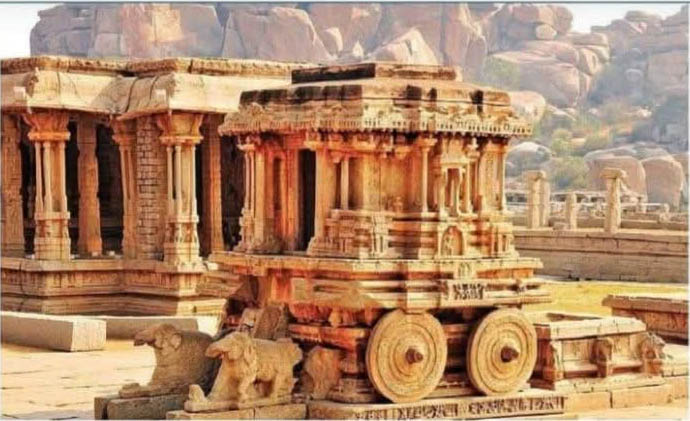History is a subject that, when pursued with depth, can open doors to higher education, research, and success in various competitive exams. It is not only a crucial subject in many government job exams but also a strong foundation for careers in teaching, academia, research, and even politics.
Why Now?
The History Honours course offers in-depth knowledge about human civilization, cultural evolution, and social transformations over time. This undergraduate program is highly popular among students interested in history. It provides not only deep insights into historical events but also develops critical thinking and analytical skills.
Eligibility:
To pursue a History Honours course in India, candidates must have passed the 10+2 or equivalent examination from a recognized board. Many universities require a minimum of 50% to 60% marks, though the exact requirement varies by institution. Some colleges admit students based on merit, while others, like the University of Delhi, conduct entrance exams.
Curriculum:
The History Honours curriculum is designed to provide a comprehensive understanding of different historical periods, cultures, and societies. While there might be slight variations across universities, the core topics usually include:
- Ancient Indian History: Indus Valley Civilization, Vedic Age, Maurya and Gupta Empires
- Medieval Indian History: Delhi Sultanate, Mughal Empire, Bhakti and Sufi Movements
- Modern Indian History: Colonial rule, Freedom struggle, Socio-economic reforms
- World History: Renaissance, Industrial Revolution, World Wars, Cold War
- Special Topics: Gender History, Environmental History, or Cultural History (depending on the university syllabus)
During the course, students engage in research, surveys, and historical analysis, gaining practical experience.
Higher Education:
Graduates with a History Honours degree can pursue advanced degrees and establish themselves as specialists, thereby enhancing their career prospects. Options include:
- Postgraduate Studies: Specialization in Ancient, Medieval, or Modern History
- Interdisciplinary Studies: Archaeology, Museology, Cultural Studies
- Professional Courses: Civil Services, Journalism, Law
Research Opportunities:
For an academic career, students can pursue a Ph.D., appear for NET and SET exams, and contribute to scholarly research.
Career Opportunities:
A History Honours degree opens up multiple career paths:
- Education & Academia: Become a teacher, professor, historian, or researcher
- Civil Services: Strong knowledge of Indian and world history benefits UPSC aspirants
- Museums & Archives: Work as a curator, archivist, or heritage manager
- Media & Journalism: Write on historical subjects for newspapers, magazines, or digital platforms
- Tourism & Travel: Work as a tour guide or heritage consultant
- Publishing & Writing: Author books or content focused on historical subjects
Studying History Honours is not just about exploring the past of human societies or nations—it’s a powerful medium to understand human progress, the evolution of thought, and the shaping of civilization’s future.
Information support: Dr. Nisha Thakur, Professor, History, Adamas University








